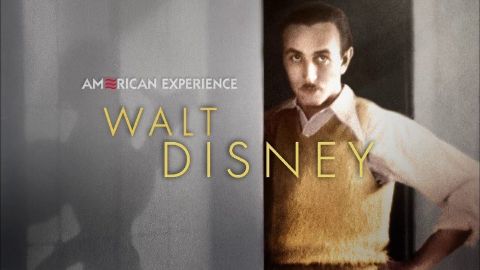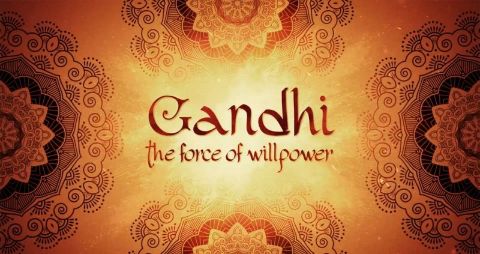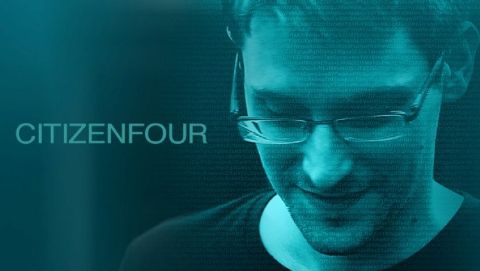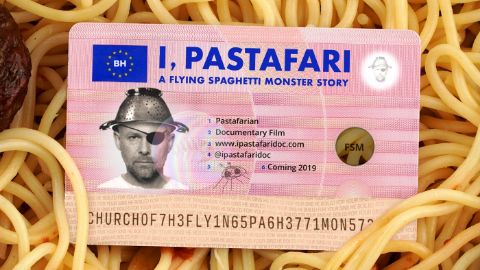Marx • 2016 • episode "Part 1" • Genius of the Modern World
Bettany Hughes investigates the revolutionary ideas of Karl Marx. Born to an affluent Prussian family, Marx became an angry, idealistic radical, constantly on the run for his political agitating and incendiary writing. In Paris he first formulated his explosive analysis of capitalism and its corrosive effects on human nature. In Brussels he co-authored the Communist Manifesto with Frederick Engels. In London his obsessive theorizing dragged his family into poverty and tragedy. Marx's masterpiece Das Capital was largely overlooked in his lifetime, and only 11 people attended his funeral. Yet his ideas would generate one of the most influential, and divisive, ideologies in history. Drawing on expert opinion and new evidence, Bettany reveals the flesh-and-blood man and his groundbreaking ideas.
Make a donation
Buy a brother a hot coffee? Or a cold beer?
Hope you're finding these documentaries fascinating and eye-opening. It's just me, working hard behind the scenes to bring you this enriching content.
Running and maintaining a website like this takes time and resources. That's why I'm reaching out to you. If you appreciate what I do and would like to support my efforts, would you consider "buying me a coffee"?
Donation addresses
BTC: bc1q8ldskxh4x9qnddhcrgcun8rtvddeldm2a07r2v
ETH: 0x5CCAAA1afc5c5D814129d99277dDb5A979672116
With your donation through , you can show your appreciation and help me keep this project going. Every contribution, no matter how small, makes a significant impact. It goes directly towards covering server costs.








